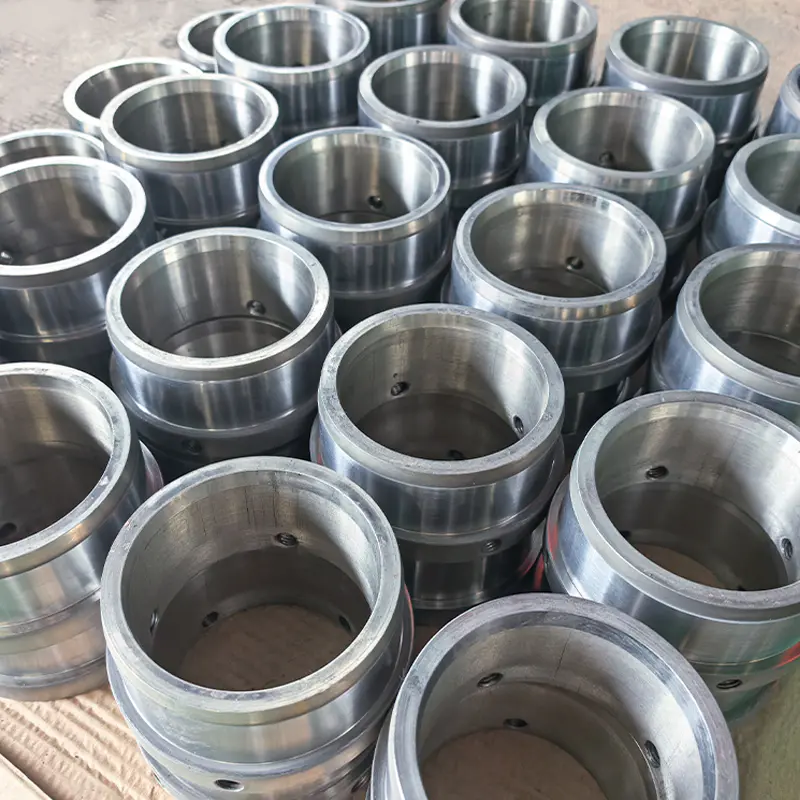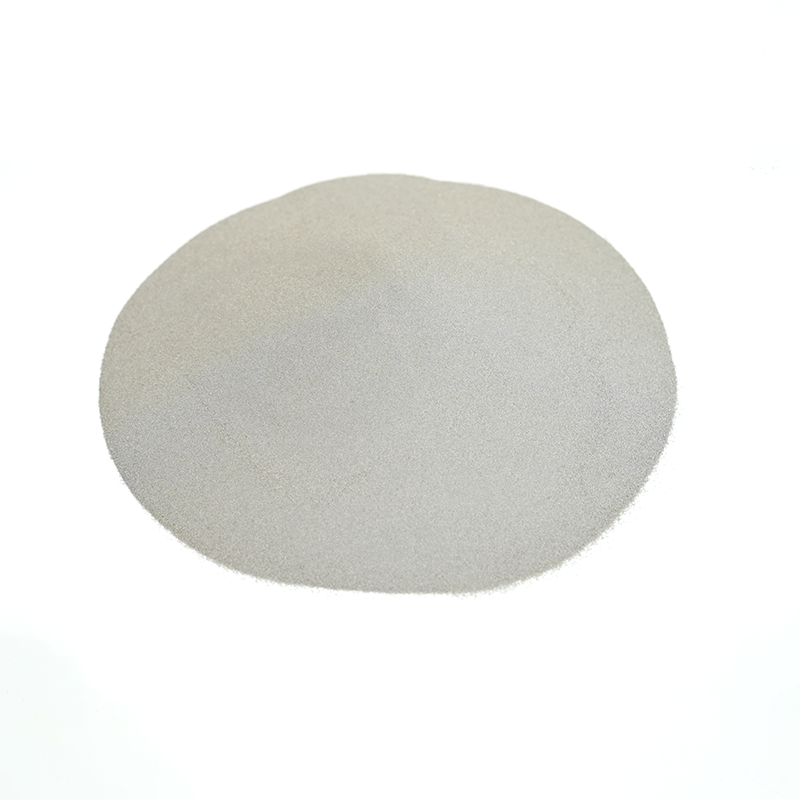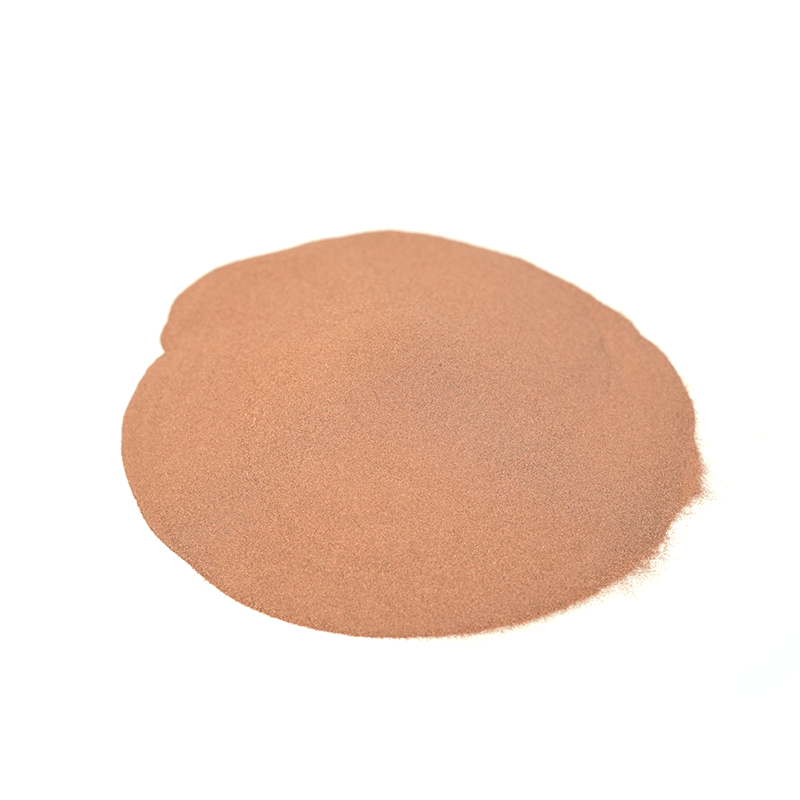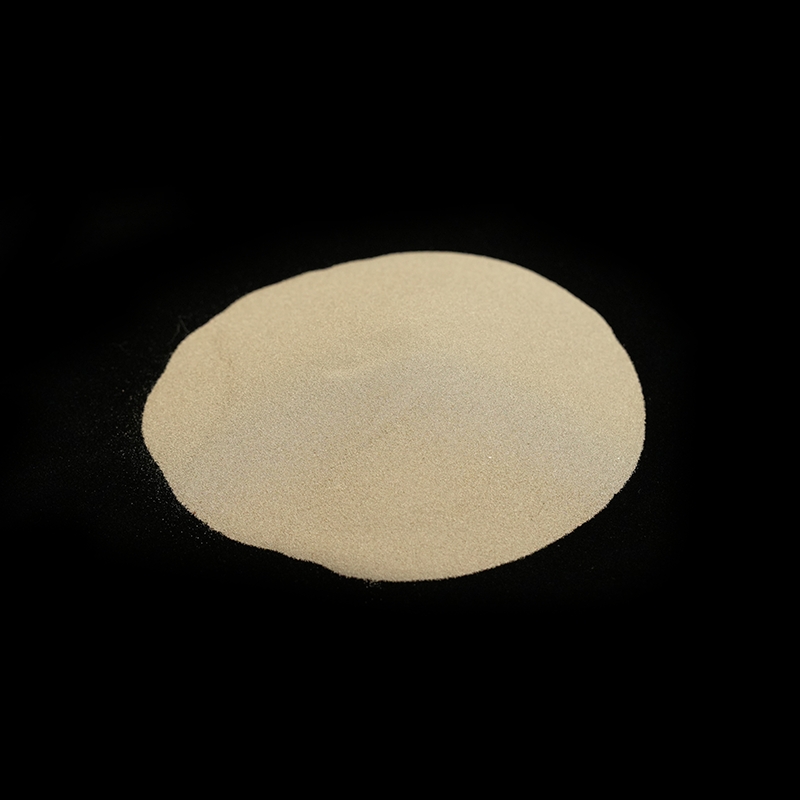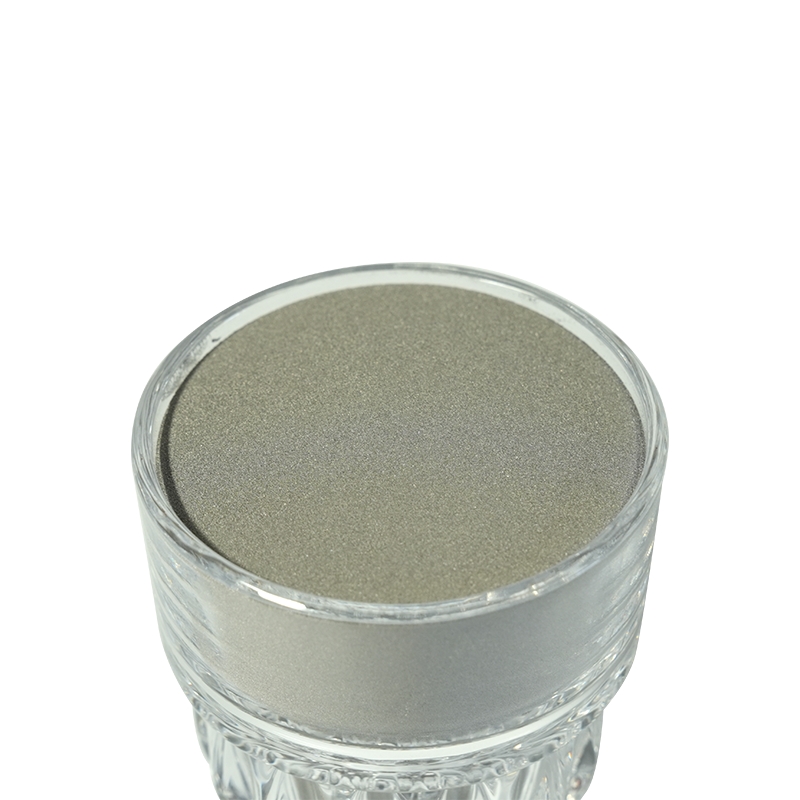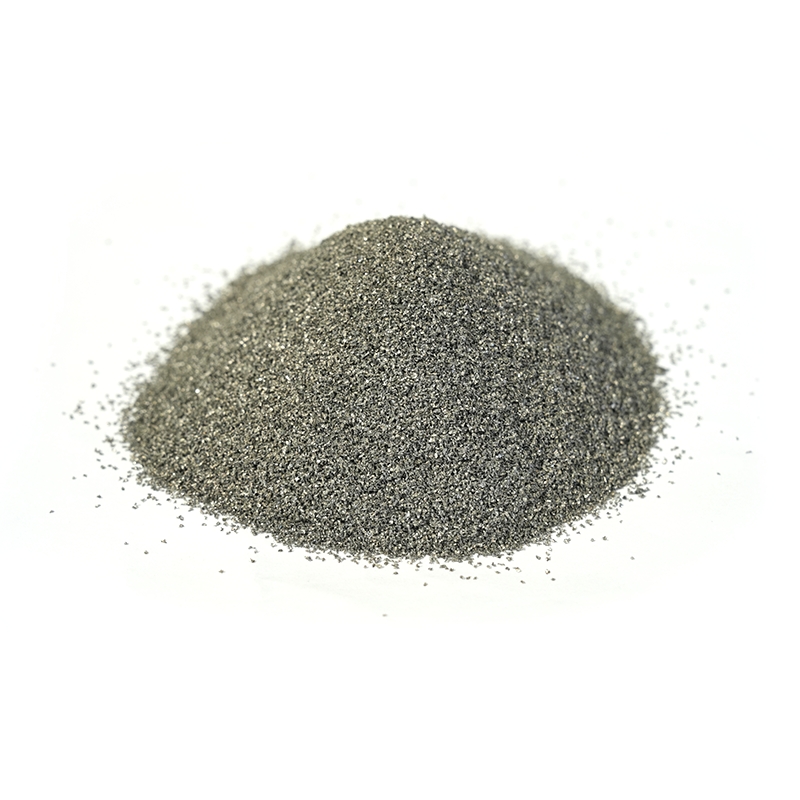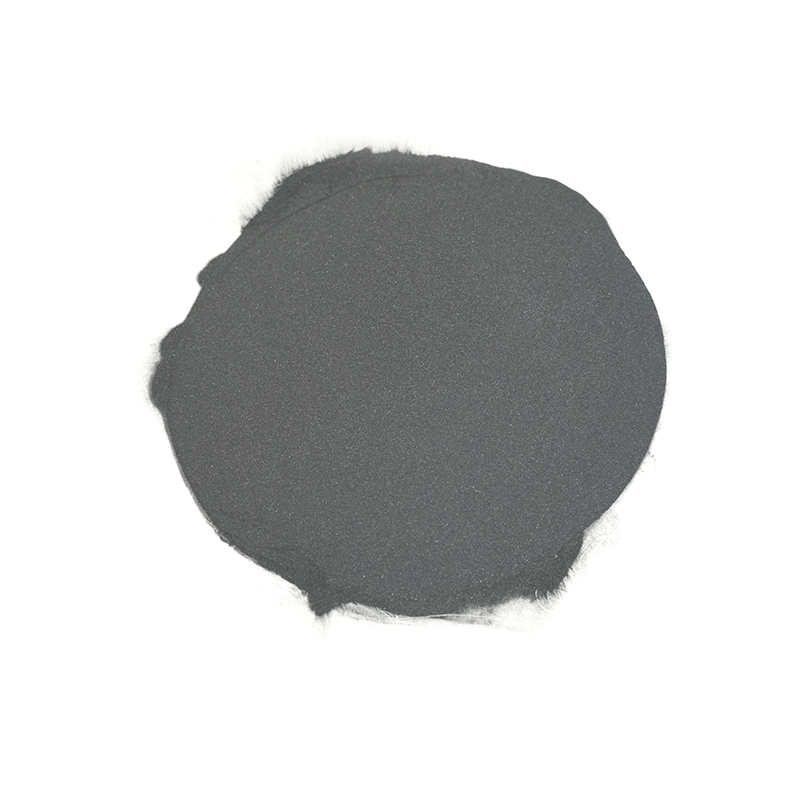Carbide powder, a versatile class of materials characterized by their extreme hardness, high melting points, and excellent wear resistance, plays a pivotal role in numerous industrial applications. These properties stem from the strong covalent and ionic bonds between carbon and a metal or metalloid element. The specific properties and thus applications vary significantly depending on the metallic element involved, leading to a diverse range of carbide powders with tailored characteristics.
Common Types and Properties
The most commonly encountered carbide powders include:
-
Tungsten Carbide (WC): Perhaps the most widely used carbide powder, tungsten carbide is renowned for its exceptional hardness, comparable to diamond, and high compressive strength. It retains its hardness at elevated temperatures, making it ideal for high-stress, high-temperature environments. It is often combined with a cobalt binder to form cemented carbide.
-
Silicon Carbide (SiC): This carbide stands out for its excellent thermal conductivity, high strength at high temperatures, and chemical inertness. It also exhibits good oxidation resistance.
-
Titanium Carbide (TiC): Titanium carbide boasts high hardness, good electrical conductivity, and excellent thermal stability. It also offers good corrosion resistance.
-
Chromium Carbide (Cr3C2): Known for its outstanding corrosion and oxidation resistance, especially at high temperatures, chromium carbide also provides good wear resistance.
-
Boron Carbide (B4C): As one of the hardest man-made materials, boron carbide possesses low density, high neutron absorption cross-section, and excellent wear resistance.
Key Applications Across Industries
The unique properties of carbide powders enable their use in a broad spectrum of demanding applications:
1. Cutting Tools and Wear Parts
This is arguably the largest application area for carbide powders, particularly tungsten carbide. Cemented carbides (sintered composites of carbide powder and a metallic binder like cobalt) are indispensable for:
-
Machining: Inserts, drills, end mills, and reamers for cutting metals, wood, and composites. Their hardness and wear resistance ensure long tool life and high precision.
-
Mining and Construction: Drill bits, road planing teeth, and wear plates for excavating and breaking tough materials like rock, concrete, and asphalt.
-
Forming Tools: Dies and punches for drawing wire, pressing powders, and shaping metals, benefiting from their high compressive strength and wear resistance.
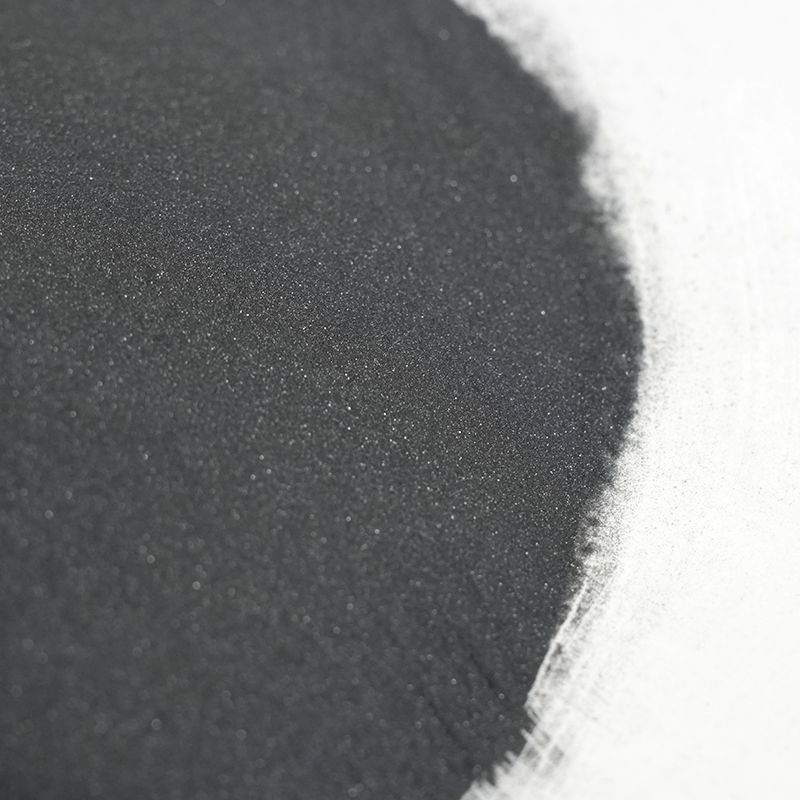
2. Abrasives and Polishing
The extreme hardness of carbide powders makes them excellent abrasive materials:
-
Grinding Wheels: Silicon carbide and boron carbide are used in grinding wheels for sharpening tools and processing hard materials.
-
Lapping and Polishing: Fine carbide powders are employed in slurries for precision lapping and polishing of optics, semiconductors, and metallurgical samples.
3. High-Temperature Applications
Carbide powders' high melting points and thermal stability make them suitable for extreme heat environments:
-
Refractories: Silicon carbide is used in refractory linings for furnaces and kilns due to its high thermal shock resistance and strength at elevated temperatures.
-
Furnace Components: Heating elements and structural components in high-temperature furnaces utilize silicon carbide and other carbides.
-
Thermal Spray Coatings: Carbide powders, especially tungsten carbide and chromium carbide, are used to create wear-resistant and corrosion-resistant coatings on turbine blades, engine components, and industrial machinery through thermal spray processes like HVOF (High-Velocity Oxygen Fuel).
4. Armor and Ballistics
The exceptional hardness and high strength-to-weight ratio of certain carbides contribute to their use in protective applications:
-
Body Armor: Boron carbide and silicon carbide are utilized in lightweight ceramic armor plates for personal protection and vehicle armor due to their ability to defeat high-velocity projectiles.
-
Bulletproof Vests: Ceramic inserts made from carbide powders provide critical protection in ballistic vests.
5. Nuclear Applications
Some carbides possess unique properties relevant to the nuclear industry:
-
Neutron Absorbers: Boron carbide's high neutron absorption cross-section makes it valuable in control rods for nuclear reactors, where it helps regulate the fission process.
-
Nuclear Fuel: Uranium carbide and plutonium carbide are investigated as potential nuclear fuels due to their high thermal conductivity and density.
6. Advanced Ceramics and Composites
Carbide powders are fundamental in the production of advanced ceramic components and metal matrix composites:
-
Structural Ceramics: Silicon carbide is a key material for high-performance structural ceramics used in aerospace, automotive, and industrial applications requiring high strength, stiffness, and temperature resistance.
-
Metal Matrix Composites (MMCs): Carbide particles are incorporated into metal matrices to enhance hardness, wear resistance, and high-temperature strength.
The Future of Carbide Powder Technology
Research and development in carbide powder technology continue to push boundaries. Innovations focus on developing new synthesis routes to produce finer, more uniform powders, exploring novel carbide compositions with enhanced properties, and optimizing processing techniques like additive manufacturing (3D printing) for complex carbide components. These advancements promise even wider applications for these remarkable materials in industries ranging from aerospace and energy to biomedical and electronics.


 English
English русский
русский عربى
عربى